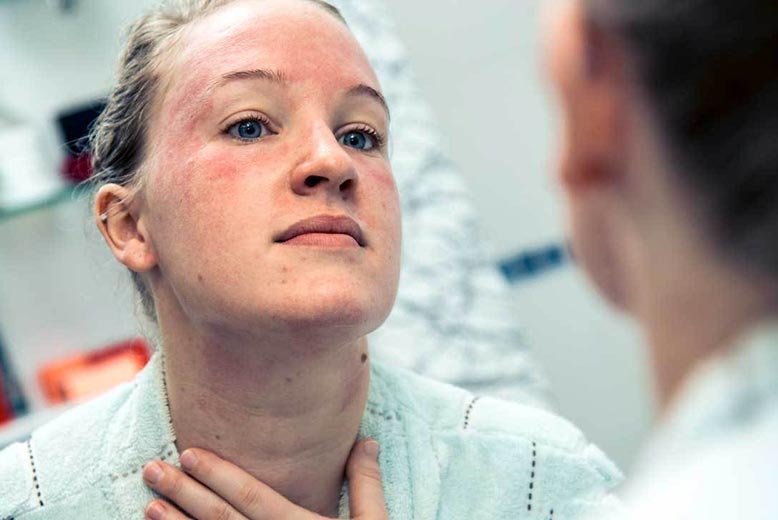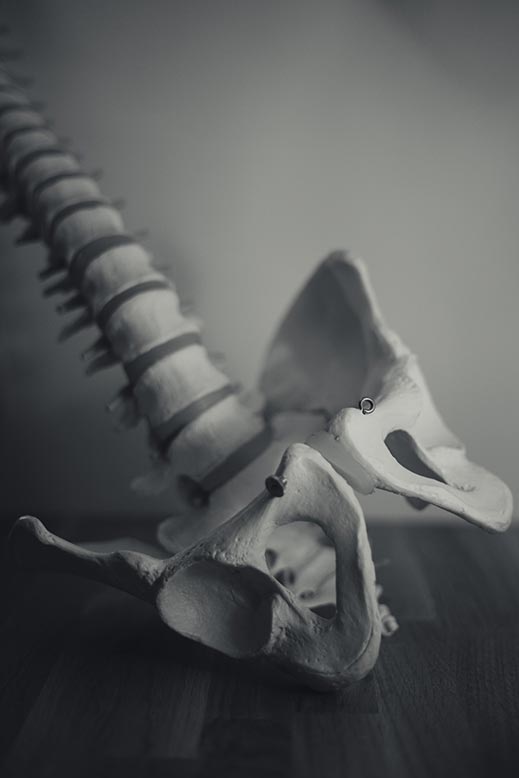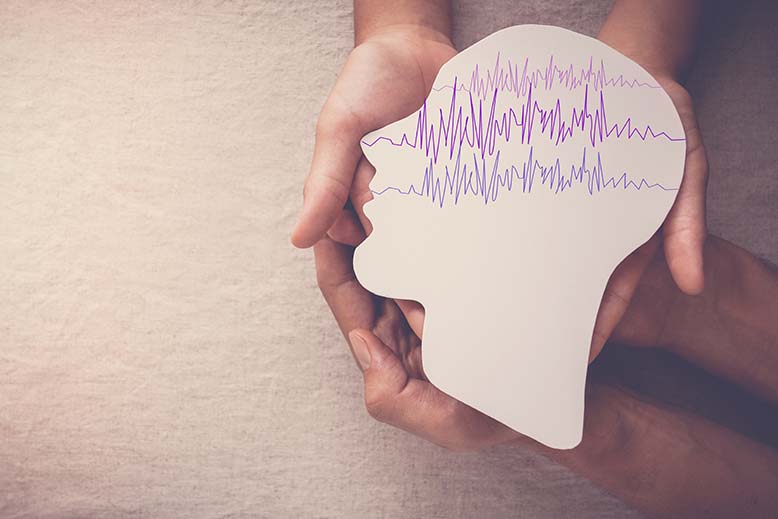Welcome to our WEBSITE
Health Condition News
Top Stories

How to Treat Autism Spectrum Disorder Autism spectrum disorder is a lifelong condition that requires long-term…

Osteoarthritis, or OA, is the most common form of arthritis. It’s caused by breakdown of the cartilage in your joints.

Psoriasis is a long-lasting autoimmune disease which is characterized by patches of abnormal skin.
More Top Reads
Explored Topics
- Tinnitus
- Acne
- MDS
- Epilepsy




Other Health Websites You Can Trust
PubMed
Pubmed is a biomedical search engine which allows you to look through studies and journal articles. It’s the world’s most comprehensive source of scientific studies and literature.
CDC.gov
CDC.gov is the website for the Centers for Disease Control and Prevention. You can use cdc.gov to find information on COVID-19 data as well as various other health conditions.
Power is a site that allows you to see what clinical trials are currently looking for participants for thousands of different conditions. You can get access to novel health treatments for anything from diabetes to cancer.